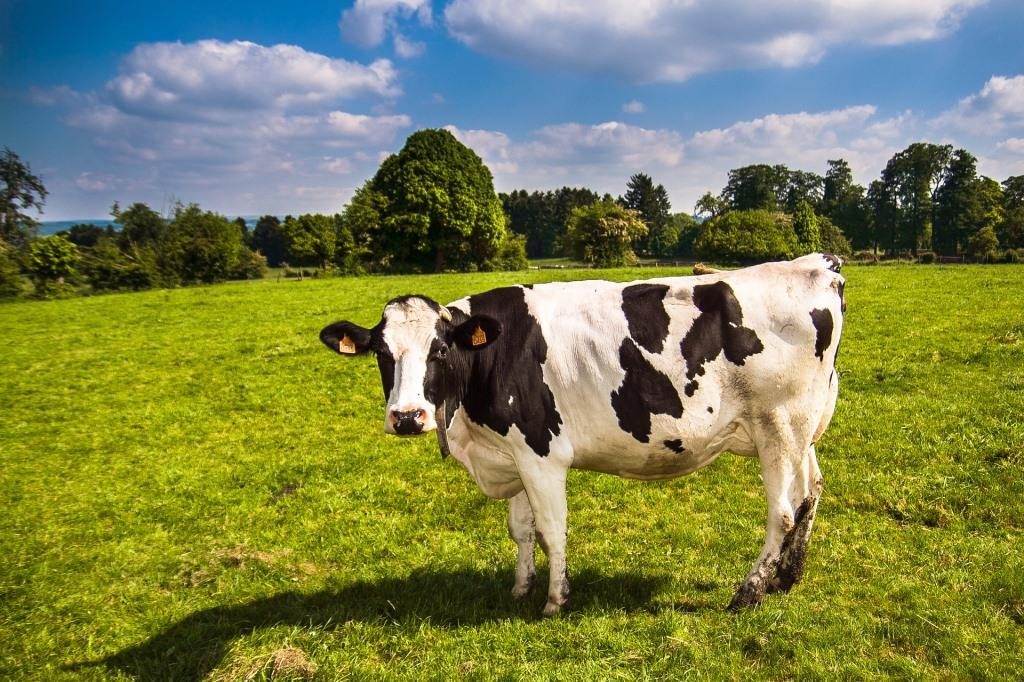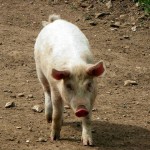EFSA examines slaughter of pregnant farm animals
An investigation by the European Food Safety Authority (EFSA) into issues surrounding the slaughter of pregnant animals suggests that practical measures should be taken for reducing slaughter in the last third of gestation.
According to the EFSA, 3% of dairy cows, 1.5 % of beef cattle, 0.5% of pigs, 0.8% sheep and 0.2% of goats in the EU are slaughtered during the last third of gestation, on average.
The EFSA states that reasons may vary, from farmers not being aware that animals are pregnant, to considerations linked to animal health and welfare or economic reasons.
EFSA’s Panel on Animal Health and Welfare first assessed whether and when livestock foetuses of different animal species experience pain.
The scientists agreed that the animals don’t in the first two-thirds of gestation because the relevant physical and neurological structures develop only during the last part of gestation.
The panel estimated the probability that foetuses experience pain during the final third of gestation.
They concluded that the most probable scenario is that they don’t due to the presence of a series of inhibitory mechanisms in the body of the foetus.
The opinion proposes practical measures for reducing the number of pregnant animals slaughtered.
The EFSA reports that there is limited information on this topic and reports that the body’s scientific opinion, which is based on expert judgment, offers insights that can be used by risk managers across the EU.
This scientific opinion follows a request from Denmark, Germany, the Netherlands, and Sweden.


 Yorkshire poultry firms pay out for equipment misuse
Yorkshire poultry firms pay out for equipment misuse Danish Crown increases payments to pig farmers
Danish Crown increases payments to pig farmers
